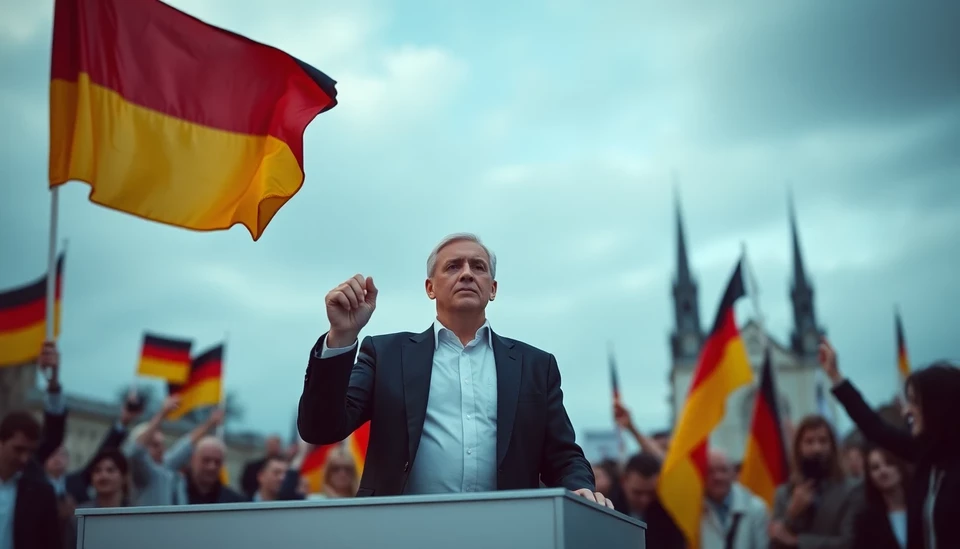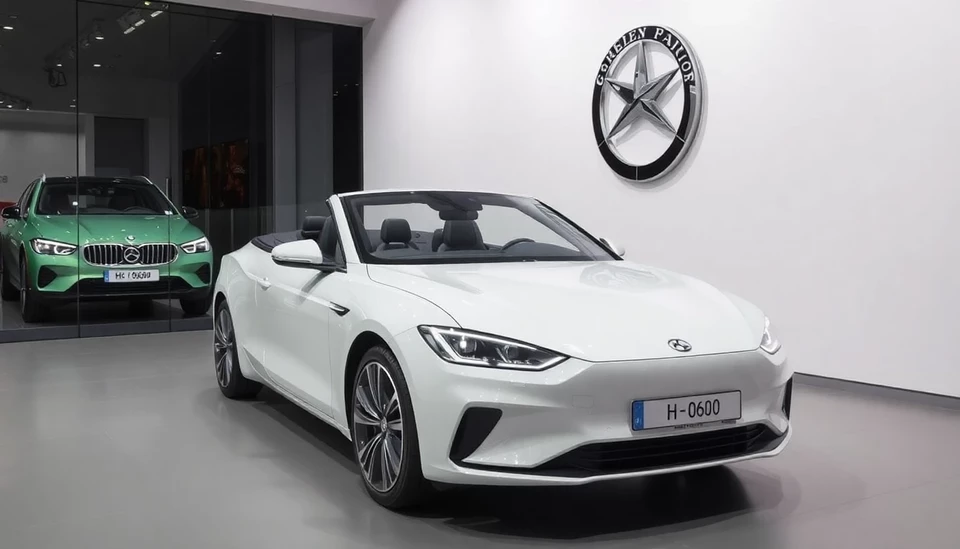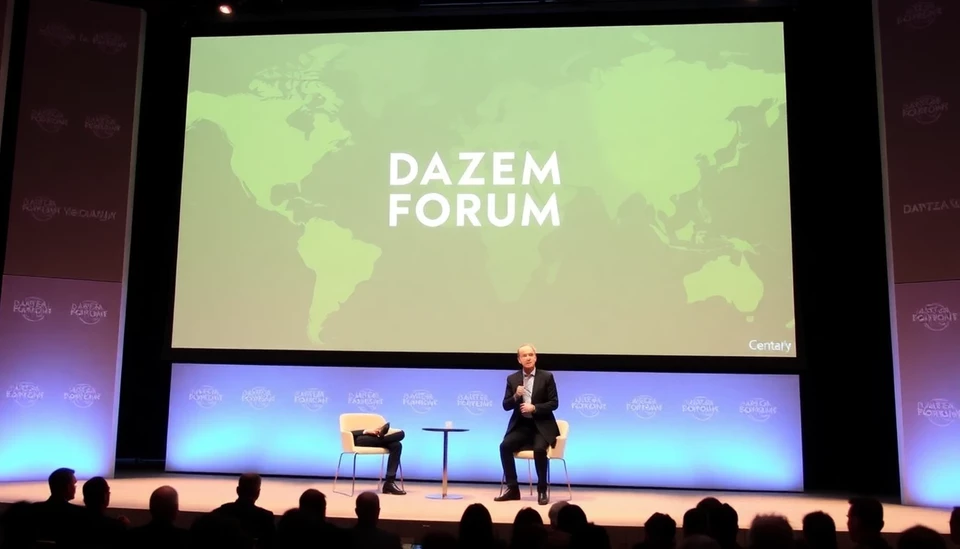
As Germany approaches its pivotal 2025 election, the interplay between economic anxiety and political realignment has taken center stage. Voters, grappling with rising living costs and inflationary pressures, are reconsidering their political allegiances, potentially leading to a seismic shift in the country’s political dynamics. The traditional party lines are increasingly blurred as new movements gain traction amid widespread discontent.
Recent economic data paints a worrying picture for many Germans. Inflation continues to strain household budgets, with essential goods becoming notably more expensive. As people feel the pinch, the once-solid support for mainstream parties like the CDU and SPD has started to wane. Instead, radical and new parties are capturing the attention of constituents dissatisfied with the status quo, leading to questions about the future of Germany’s political landscape.
Among the emerging players is the nationalist Alternative for Germany (AfD), which is leveraging the economic malaise to attract voters who feel left behind. Many are drawn to the party’s promises to address the economic woes that have a profound impact on everyday life. Conversely, the Greens, traditionally seen as the party of the young and progressive, are struggling to maintain their base as voters grapple with economic realities that overshadow environmental concerns.
The Social Democrats (SPD) and the Christian Democrats (CDU) are facing an uphill battle. Both historical giants of German politics have failed to effectively communicate their strategies to tackle the economic difficulties citizens face. Neither party has managed to recover from the perception that they are disconnected from the real-life issues impacting voters, resulting in an environment ripe for political experimentation and volatility.
New polling data reveals a significant segment of the population is now willing to consider parties that were previously viewed as fringe. The electorate is increasingly prioritizing economic stability over ideological affinities, leading to a situation where alliances are fluid and unpredictable. As a result, parties that can effectively resonate with the concerns of ordinary citizens may find themselves in positions of power come 2025.
Political analysts suggest that this election could break longstanding traditions in German politics, reminiscent of similar shifts seen in other democracies facing economic upheaval. The battle for Germany's political future will not only hinge on economic issues but also on how well parties adapt to the rapidly changing landscape that is becoming less predictable with each passing day.
As the political speculation mounts, the implications for both Germany and the European Union are profound. A potential rise in far-right sentiment could challenge the established EU protocols and complicate efforts towards economic unity among member states. Thus, the 2025 elections will not only be a barometer of Germany’s domestic challenges but will also have reverberations across the continent.
In conclusion, the German election of 2025 is shaping up to be a crucial juncture in which economic anxiety plays a pivotal role in reshaping the political map. Voters are increasingly searching for representatives who not only understand their struggles but can also provide feasible solutions to the pressing issues they face. The outcome of this election may very well define Germany's trajectory for years to come, both domestically and within the broader European context.
#GermanElection #PoliticalChange #EconomicAnxiety #VoterBehavior #2025Election #PoliticalRealignment #EUImpact
Author: Daniel Foster

